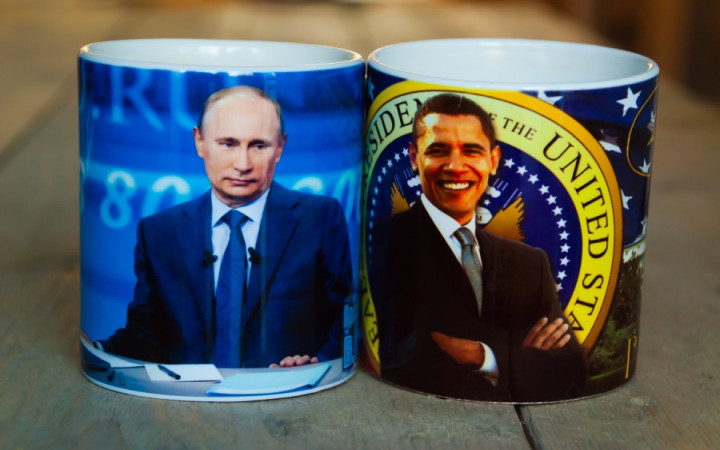What do you want to be when you grow up? Some kids want to be a fireman or a police officer. Others may set their sights on becoming a doctor or a lawyer. Still others may set their sights as high as they can go. No regular job will satisfy them. They want to be the leader of an entire country!
Of course, what they want to become will depend upon where they live. Kids in the United States would want to become President of the United States one day. But what about kids in other countries, such as the United Kingdom, Canada, or India? Kids in those countries would want to become Prime Minister.
So what's the difference between a president and a prime minister? Are they just different words for the same thing? Or are there real differences between these positions of power?
The title president and prime minister are rarely interchangeable terms for the same position. The differences between the two, however, can vary greatly depending upon which countries you're trying to compare.
For example, President Obama of the United States and Prime Minister May of the United Kingdom have different duties and responsibilities despite being considered the leader of their countries. Some countries, such as France, have both a president and a prime minister.
Although the differences between the positions can vary greatly from country to country, there are a few generalizations that can be made. For example, a president is usually considered a head of state, whereas a prime minister is usually a head of government.
As a head of government, a prime minister usually leads the operations of the government. As head of state, the president acts as the chief public representative of the country and often performs many ceremonial duties such as welcoming foreign dignitaries to the country when they visit. In many countries, the president is the commander-in-chief over the armed forces.
Another major difference is how a person gets to be either president or prime minister. For the most part, presidents are elected by the people. Prime ministers, on the other hand, tend to be members of a legislature that chooses them to be its leader.
The exact powers and duties of either a president or a prime minister will depend upon the particular country they serve, as well as the system of government and laws in that country. For example, a prime minister in a country that also has a president will often have fewer powers than a prime minister in a country in which a monarch is the head of state.





